Kim Whitener: Tomorrow’s my last day in the HERE office, as a butt in a seat. It’s very weird to think I’m not going to be here after tomorrow.
Mara Isaacs: Remind me, how many years?
Kim: Almost twelve. How long have you been independent?
Mara: I’ve been on my own now for five years. Before that, I was at McCarter Theatre for eighteen years. Before that, Center Theater Group for five years. Twenty-three years total in the institutional world.
Kim: I started in the institutional world, first in Boston at Suffolk University and the Boston Music Theatre Project, and then went to American Music Theater Festival in Philadelphia. After that I was with Playwrights Horizons for about three years, then made the journey downtown to be the managing director of Wooster Group. That was really what introduced me to the world of contemporary experimental theatre. After the Wooster Group, I was six years independent. Then I went back into the institution and eventually to HERE. Now I’m going back out of the institution.
Mara: Was there an “aha” moment, or was there just a gradual inevitability that made you make this decision?
Kim: The move is not about some kind of negative energy that built up, where I thought, “Aha, I need to take the leap.” It was much more of a slow burn, of looking at what I wanted in the next phase of my life. How was it for you?
Mara: It was a combination of things. For so much of my early career, I had been groomed to follow a particular path. You start at this place in the organization, then you move to the middle place in the organization, then you move to the high place in the organization, and then you go to some other organization, and then you take over.
We’re all sort of brainwashed into thinking that’s the inevitable path. I bought that for a while. In the process of both considering and being considered for a number of leadership positions at other organizations, I started to realize that the frustrations I was experiencing were frustrations with a model of producing, not with any individual organization. That idea started percolating. And then there were some very specific artistic projects that I was getting really excited about that didn’t fit within the parameters of the organization where I was working.
I started to realize that the frustrations I was experiencing were frustrations with a model of producing, not with any individual organization.
One of them was a musical that I thought had commercial potential, and one of them was an experimental, devised work that I was making with Israeli, Palestinian, South African, and American artists. I asked myself, “Where can I work where I can develop a commercial musical and this crazy, devised piece?” Nowhere. I thought, “Well, the only way I can really follow my gut and be truly free to respond to the work that excites me the most is to create my own umbrella.” That was the impetus for going out on my own.
Kim: Exactly.
Mara: The timing of technological developments also helped. Suddenly technology allowed us to have video conference business meetings. All of my files are on Dropbox, so I can have a virtual office anywhere. All of these things came together at just the right moment, when I realized I could live wherever I wanted, as long as I was near an airport. The work I’m interested in is happening all over the world. I don’t have to be tied to a single building or a single subscription audience or a single board. At the same time, I rely on and collaborate with those organizations and those people; we’re all still part of the same ecosystem, I’m just filling a different place in it.
It was also terrifying, because I had always had a paycheck my entire life, and suddenly I was becoming a freelancer. Most people do it the other way around.
Kim: One of the reasons I actually stopped being independent was things changed in my personal life. I had a long-term relationship end, and I was more dependent upon myself as opposed to sharing expenses. That was a trigger, going from the personal to the professional. The confidence I feel about leaping out now has a lot to do with having had that experience and knowing it is going to be easier now, and also having this much broader, deeper, more intense community that’s built all around us in the kind of work that we do.
It’s so interesting what you say about that pattern of ambition. We start as a younger arts administrator with this sense of, “I’m going to go from one thing to the next, to the next, to the next,” exactly what you were saying. Building and growing until you’ve reached some senior level or leadership. But over the last few years, I too have had a lot of possibilities, a lot of opportunities to consider senior positions at other institutions. I would put that hat on for a few minutes and for a little while, and I’d think about it. Then I’d say, “No. That’s not really what I want. What I have the ambition for is the deep, connected relationship with artists and the sense of community, but at the same time I also want greater control over my life.”
What I have the ambition for is the deep, connected relationship with artists and the sense of community, but at the same time I also want greater control over my life.
Mara: Everything you’re saying resonates. We’re in this moment right now, in our field, where there’s a tremendous amount of transition. If you had said to me ten years ago, “The following theatres are going to come up, and you’re going to be recruited by the various search firms, and you’re going to say no to every one of them,” I would have laughed in your face.

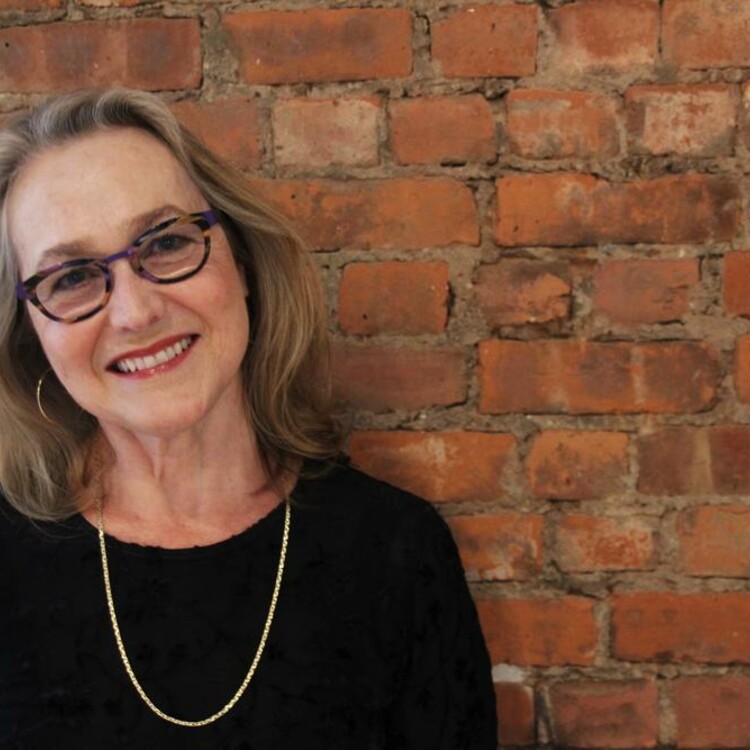
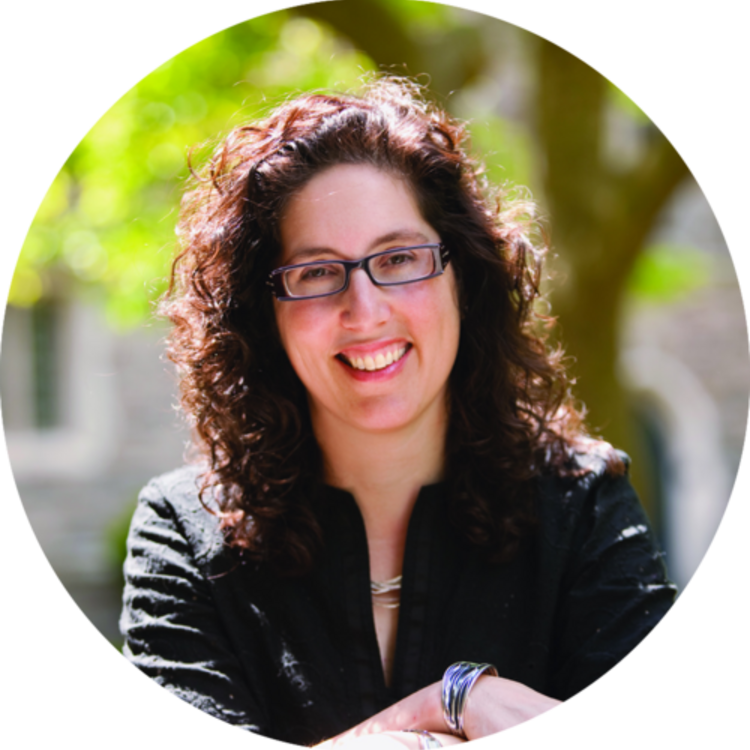
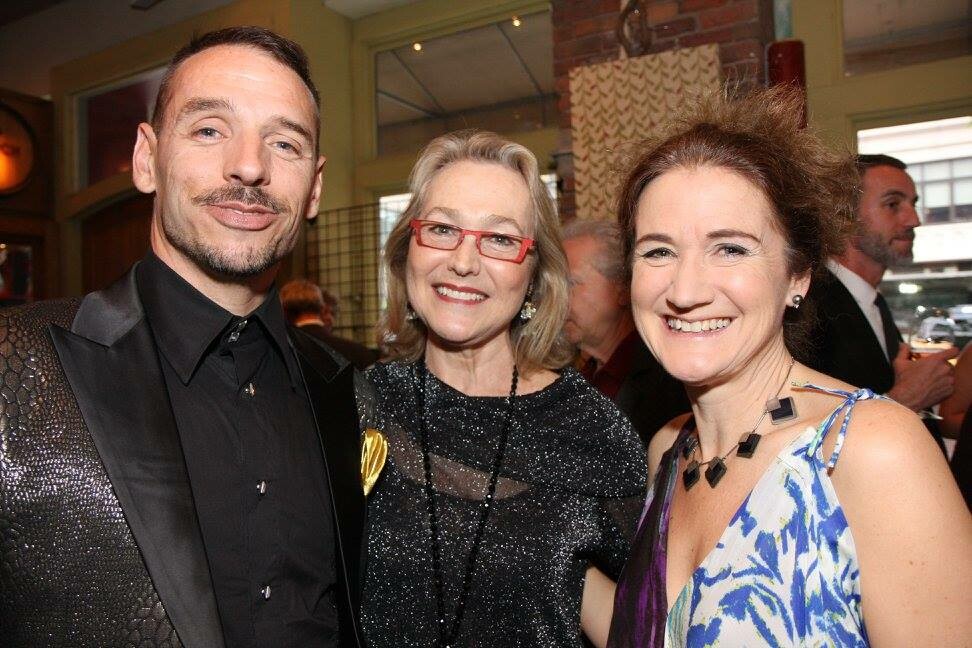
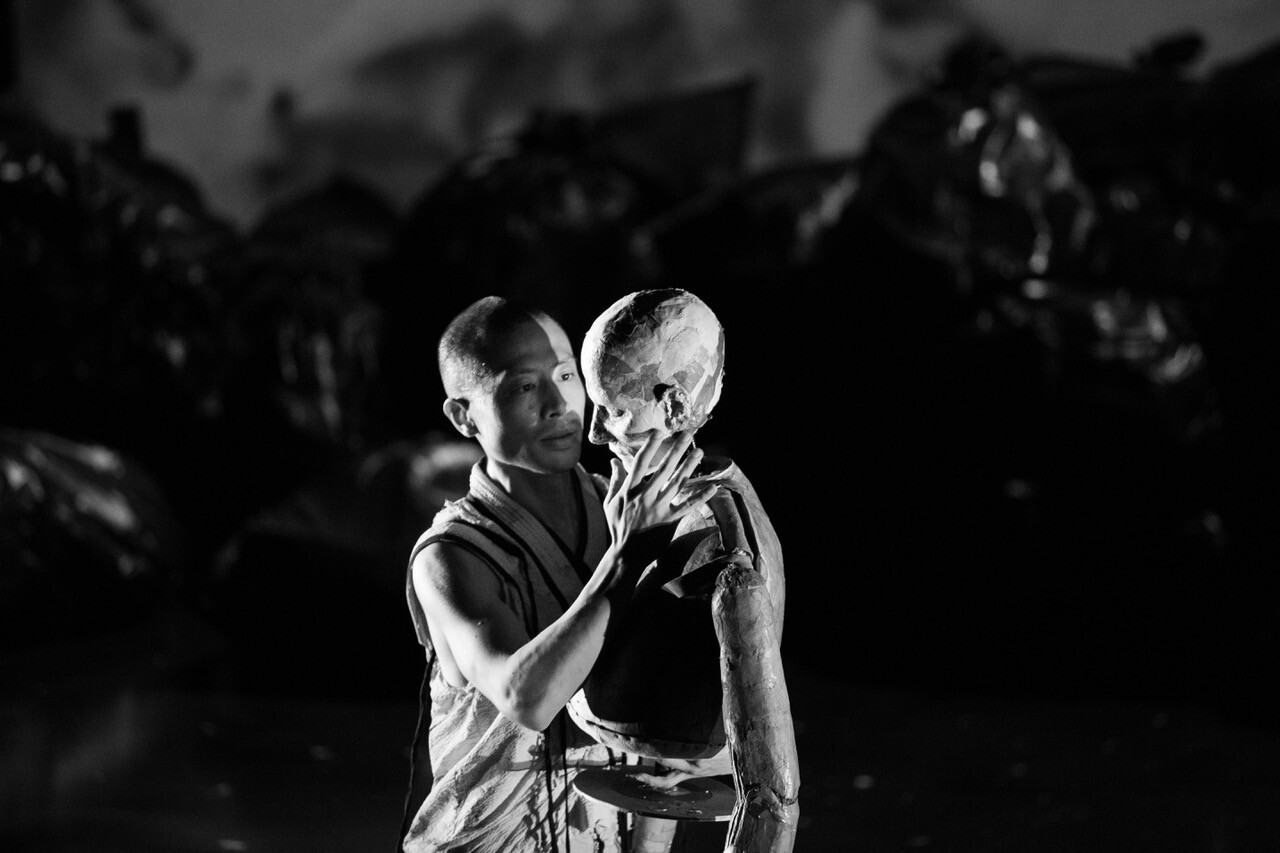
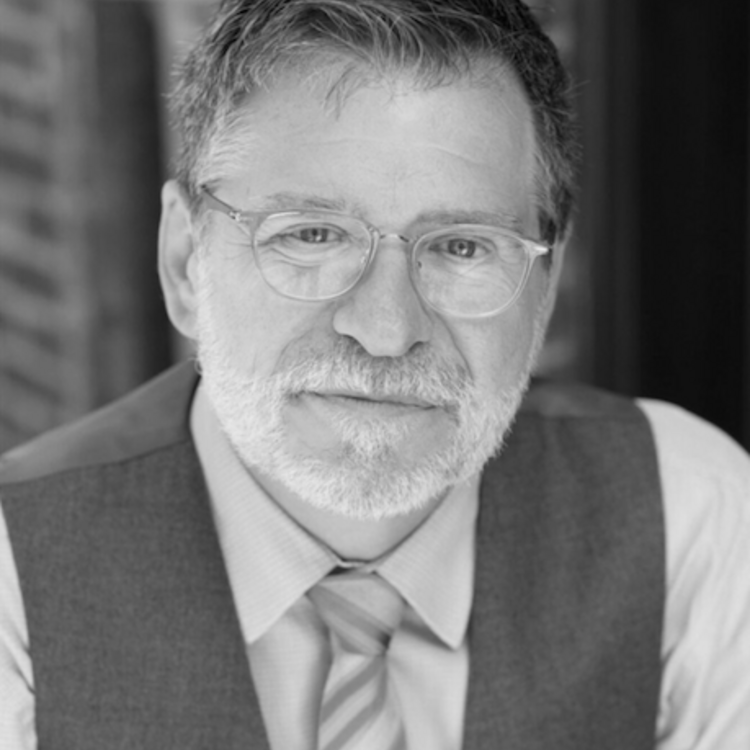
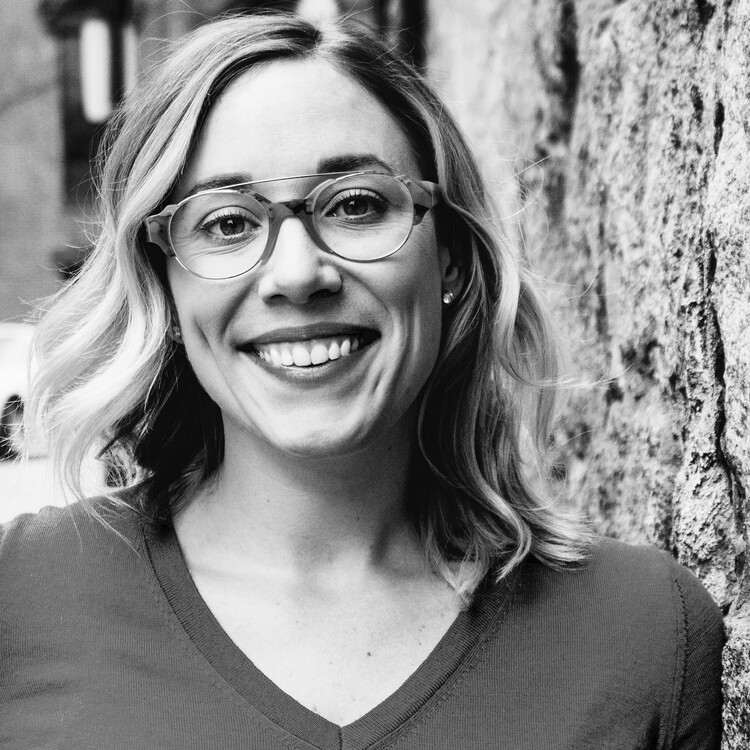



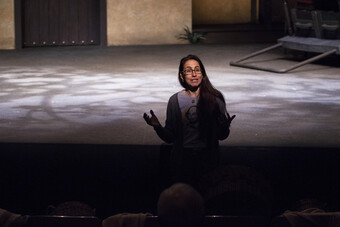


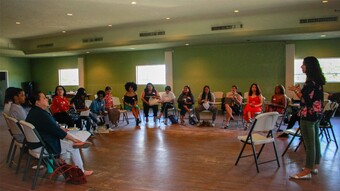
Comments
The article is just the start of the conversation—we want to know what you think about this subject, too! HowlRound is a space for knowledge-sharing, and we welcome spirited, thoughtful, and on-topic dialogue. Find our full comments policy here